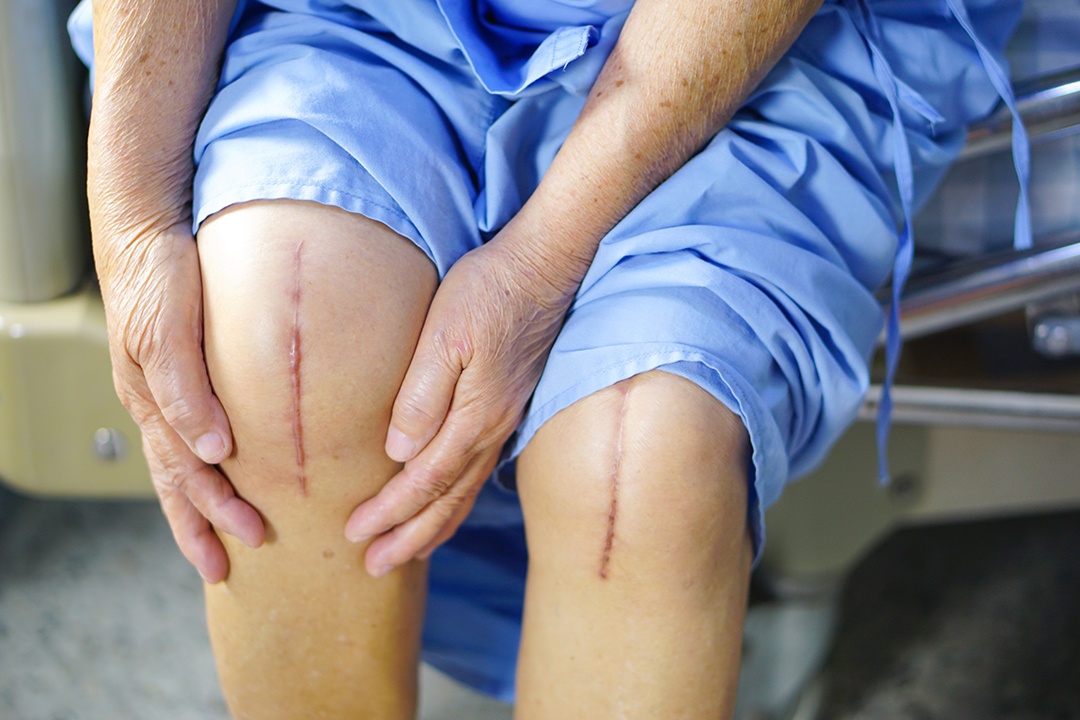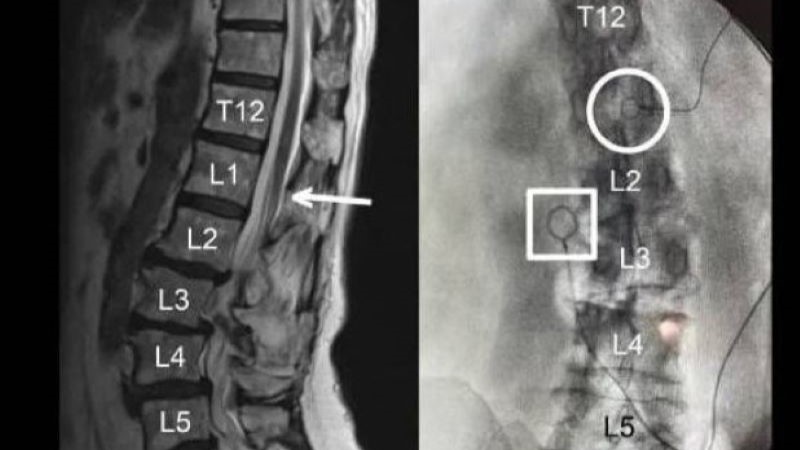
A new study found that most patients who undergo knee replacement for osteoarthritis (OA) do so at an inopportune time.
The problem is twofold, according to the researchers: “Patients with knee osteoarthritis may undergo total knee replacement too early or may delay or underuse this procedure. We quantified these categories of total knee replacement utilization in 2 cohorts of participants with knee osteoarthritis and investigated factors associated with each category.”
Two multicenter cohort studies were queried for data including demographic, patient-reported, radiographic, clinical examination, and total knee replacement (TKR) utilization information. Patients who had or were at risk for knee OA were followed for eight years. TKR appropriateness criteria were applied to stratify patients into two groups: potentially appropriate or likely inappropriate for TKR. Those who received TKR were further stratified: timely (the patient received TKR within two years of the procedure becoming potentially appropriate), potentially appropriate but knee not replaced (TKR remained unperformed for more than two years after the procedure had become potentially appropriate), and premature (TKR was likely inappropriate but had been performed).
Of 8,002 total patients, 3,417 were eligible for inclusion and stratified into one of the three utilization categories: timely, n = 290 (8% of the total, 9% of the potentially appropriate knees); potentially appropriate but not replaced, n = 2,833 (83% of the total, 91% of the potentially appropriate knees); and likely inappropriate but received TKR prematurely, n = 294 (9% of the total, 26% of TKRs performed). Among the potentially appropriate but not replaced knees, 1,204 (42.5%) had severe symptoms.
“Compared with the patients who underwent timely total knee replacement, the likelihood of being classified as potentially appropriate but not undergoing total knee replacement was greater for black participants and the likelihood of having premature total knee replacement was lower among participants with a body mass index of >25 kg/m2 and those with depression,” the study authors observed.
When patients wait too long to have knee surgery, they increase their risk for two negative outcomes, according to lead study author Hassan Ghomrawi, PhD, MPH, associate professor of surgery at Northwestern University Feinberg School of Medicine, who said in a press release: “The osteoarthritis causes deterioration of their function. Some of them wouldn’t be able to straighten out their legs, affecting their walking and mobility. When you can’t get exercise, you can start to develop other health problems such as cardiovascular problems. You may also become depressed. The overall impact can be huge.”
Secondly, “You don’t get as much function back when you wait too long; your mobility is still reduced versus somebody who had it in a timely fashion.”
The study was published in The Journal of Bone and Joint Surgery.
“As the number of surgeries rises, we need to make sure the timing is optimal for patients to obtain the most benefit and to keep health care costs down,” Dr. Ghomrawi added. Knee replacement is an elective procedure, the timing of surgery is susceptible to not just clinical factors but also demographic, socioeconomic and sociocultural ones. In the meantime there are pain management alternatives that are quite advanced like Knee Pain Stem Cell Treatment for example. We need to consider these alternatives as well as develop a better understanding of these factors to improve timing of surgery.







 © 2025 Mashup Media, LLC, a Formedics Property. All Rights Reserved.
© 2025 Mashup Media, LLC, a Formedics Property. All Rights Reserved.